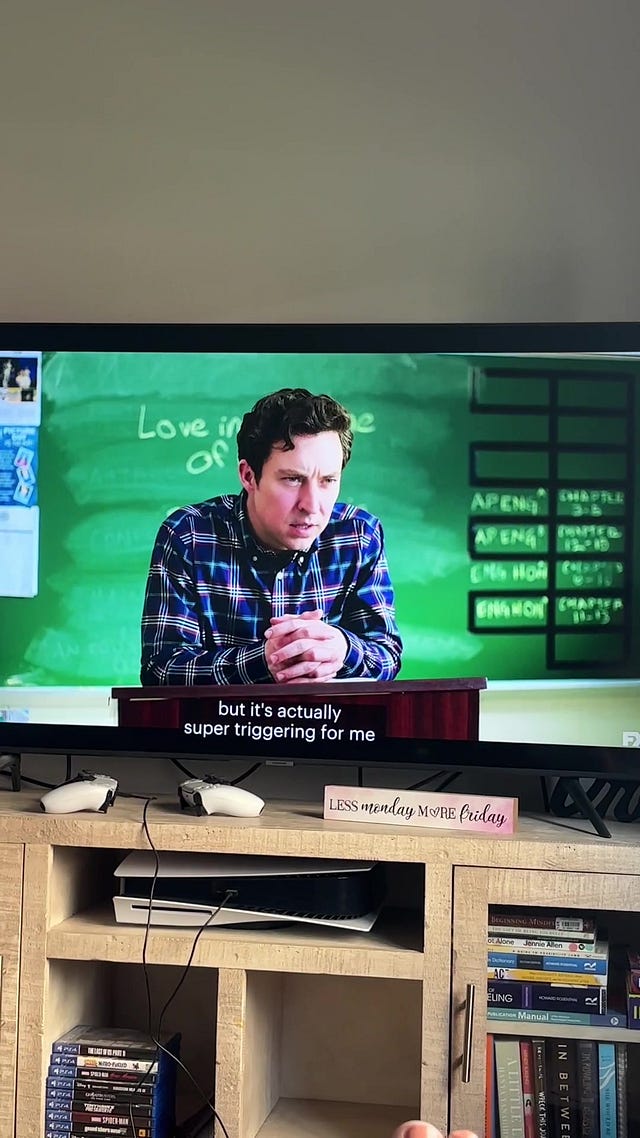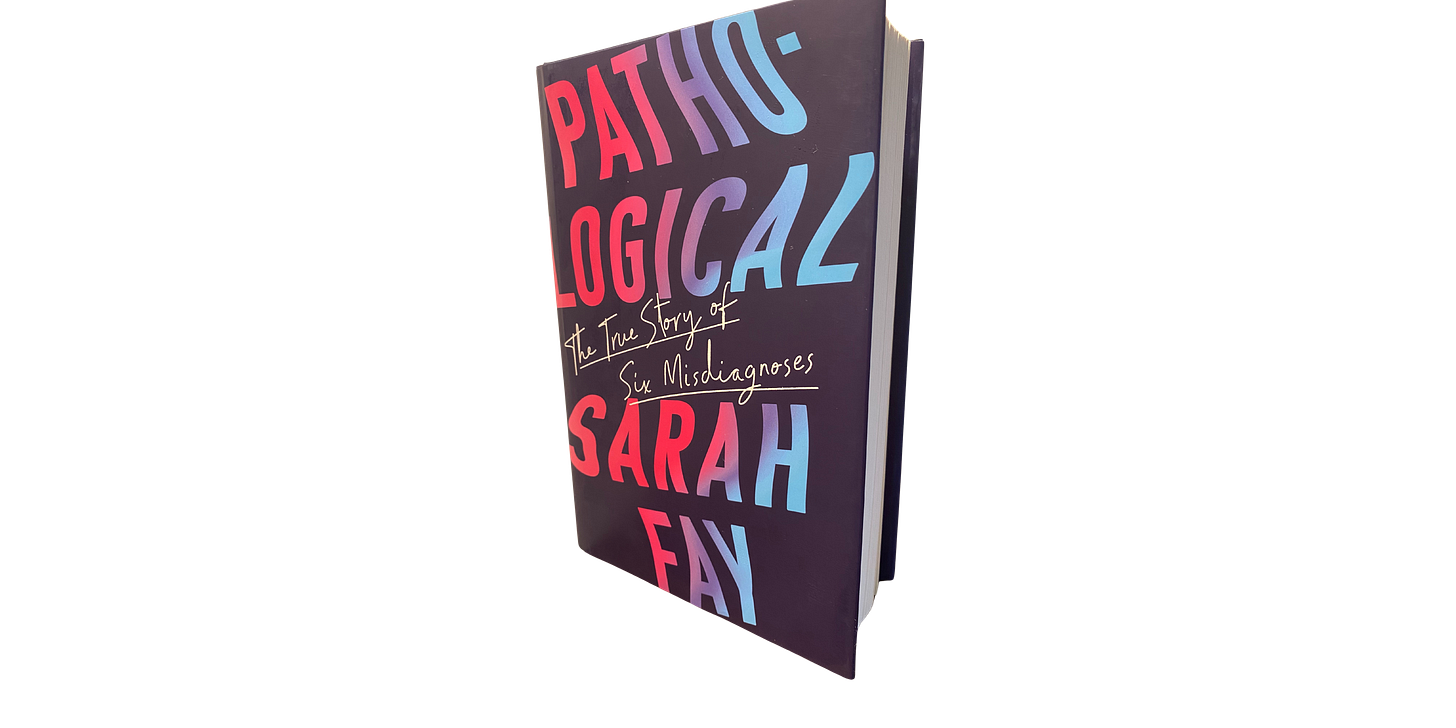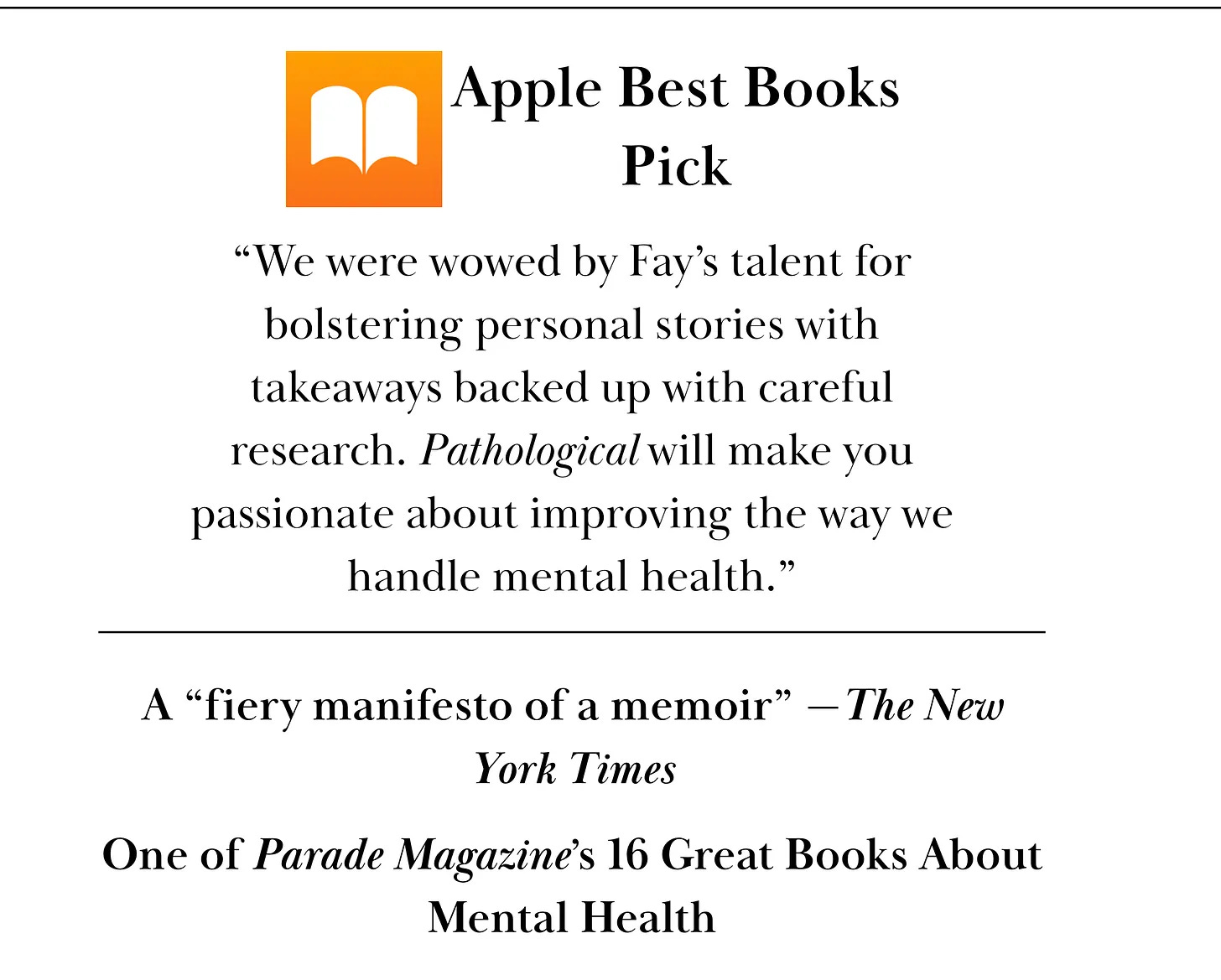Answer: Yes.
If you haven’t watched FX’s “The English Teacher,” you must.
Why? Because it’s hilarious—and I say that as someone who doesn’t like sitcoms.
It’s smart and in one episode, exposes an aspect of the mental health crisis that we’ve known but haven’t admitted to for too long: young people’s misguided use and misuse of psychiatric diagnoses.
Set in Austin, “The English Teacher” is about a gay English teacher who’s both baffled by and deeply cares about his high school students. It’s a wry take on Gen Z/Gen Alpha that we desperately need, particularly when it comes to mental health.
In the Kayla episode, Evan (the titular character played by the brilliant Evan Marquez) writes the name of the book they’ll be discussing in class on the chalkboard: Gabriel Garcia Marquez’s Love in the Time of Cholera.
A student, Kayla (played to perfection by Romy Mars, daughter of Sophia Coppola and Thomas Mars) says it’s “super-triggering” for her to read a book “about a disease” with everything she has going on.
Evan asks, “What’s going on?”
She’s reticent but explains (without irony) that the whole class already knows she was “recently successfully diagnosed with something called asymptomatic Tourette’s.”
“What?” Evan asks, incredulous.
Her friend Chelsea explains (as if he’s an idiot): “It’s like Tourette’s syndrome…with the hardship. Without. Any. Symptoms.”
They go on: AS (asymptomatic Tourette’s) is only self-diagnosable.
It’s even more distressing than actual Tourette’s because there aren’t any symptoms, only a diagnosis that literally becomes Kayla’s identity. Later, Chelsea tells Evan that it’s been renamed KS, Kayla Syndrome.
This is the only clip I could find for you (pardon the toe):
 Tiktok failed to load.
Tiktok failed to load.Enable 3rd party cookies or use another browser
Yes, young people are suffering. Young people have always suffered and struggled with their mental health. Maybe it is worse today than it was two or twenty years ago.
But here’s another truth: The way we’ve responded to the “national emergency” among young people is irresponsible.
(I’ve written extensively on what’s happening with the teen mental health crisis—read part 1 and part 2—and highly recommend this New York Times op-ed by Oxford psychologist Lucy Foulkes, who’s studied the hashtagization of mental disorders among youth.)
Psychiatric diagnoses were never meant for public consumption. They’re invalid and unreliable and only acceptable when used by someone very well trained in them and their shortcomings, i.e., a mental health professional.
Young people have been diagnosing themselves and asking for diagnoses en masse for the past five years. We know it’s wrong and needs to stop, yet we seem afraid to do anything about it.
“The English Teacher” tackles it in the best way: with humor and love.
The fact that it’s come from a mainstream television show and has gotten zero pushback—in fact, it’s been lauded—says that maybe we’ve finally turned a corner.
Maybe we’re finally ready to have a nuanced and truthful conversation about mental health.
Maybe the time for Pathological: The True Story of Six Misdiagnoses has arrived.
“Pathological is the best book I've read in many years. Masterfully written, distinctively researched, deeply humane . . . Genius.” —ANTHONY SWOFFORD, author of Jarhead
“We urgently need to think about our mental and emotional pain and distress in a more loving, nuanced, and intelligent way. Pathological is a crucial and necessary book.” —JOHANN HARI, author of Lost Connections
“This book is a triumph of the spirit and the flesh.” —ELIZA GRISWOLD, Pulitzer Prize-winning author of Amity and Prosperity






As the mother of several Gen Z/Gen Alpha kids, I'll be so relieved when this particular moment of mental health "awareness" has passed and given way to something (hopefully) more "sane." Somehow this present day emphasis on mental health awareness, diagnosis, and hashtags dowsn't seemed to have made our kids healthier and happier -- or taught us as a society how to nurture good mental health.
Ohmigosh, my psychologist colleagues and I are ALWAYS talking about TikTok self-diagnosis!!! "Secret signs you have diagnosis X!" posts are incredibly annoying and destructive.
I emphasize to my clients that psychiatric diagnoses are just descriptions, and they can change as research helps us learn more. We used to have agoraphobia with or without panic; now it's panic with or without agoraphobia, because research shows that's a more useful description. A symptom in isolation means nothing. It's important to understand patterns and context. Psychiatric diagnoses can be useful, because they can offer hypotheses about what might help or what other challenges might be present, but they're not like medical diagnoses where we measure the liver enzymes (or whatever) and know what's happening inside.
I had a 12-year old in my practice who came in extremely anxious because a health teacher presented to her class a list of "Ten signs you might be suicidal!" Items included, "You sometimes have trouble concentrating," "Your room is messy" and "Your parents DON'T think you're suicidal" (because they're "in denial"). Arghhh!
And don't get me started on the tendency to sanctimoniously diagnose other people as "toxic" or "narcissistic" or "in denial" just because they disagree with you!
Mental health awareness should not be about pathologizing everything and everyone or slapping on labels as if they were causal explanations. It should be about creating caring and supportive communities and figuring out how to build a life that's meaningful and satisfying to each of us.